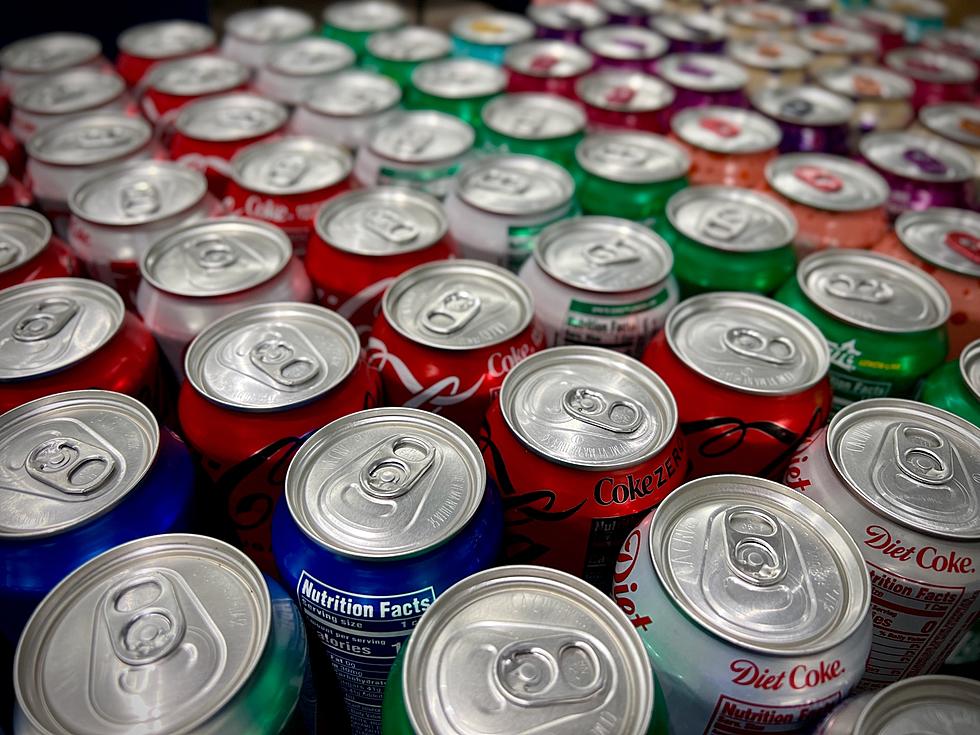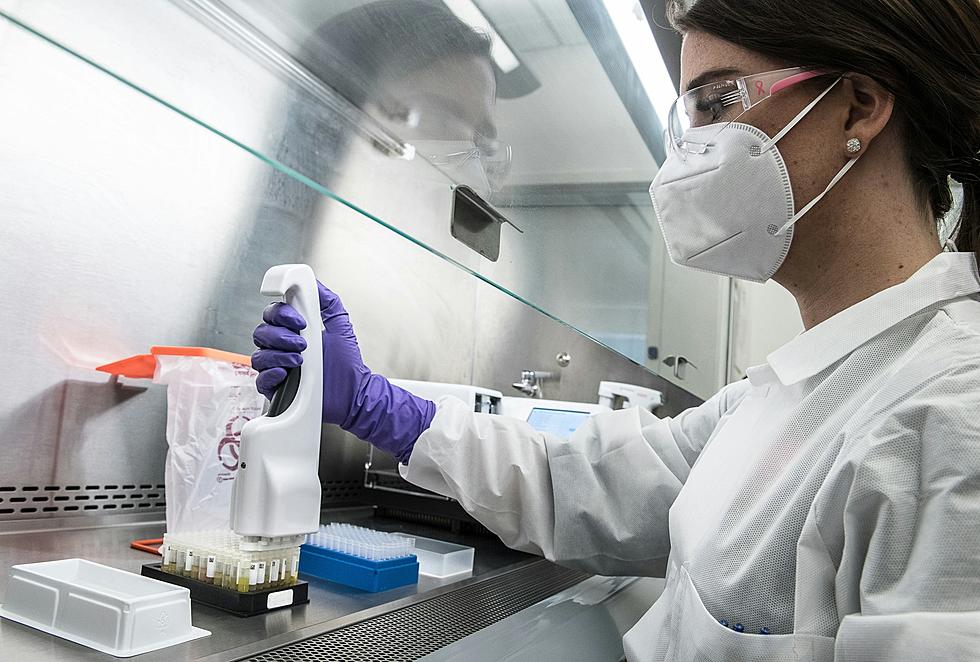
Louisiana Stores May Be Pulling Diet Products Soon From Their Shelves
The diet soda sections in Louisiana stores will look very bare soon as products all across the state may be pulled from the shelves and we have all the details why.
One of the world's most commonly used artificial sweeteners is in the cross hairs of the World Health Organization's (WHO), and industry insiders say that the organization will classify it as a possible carcinogen sometime this month.

Aspartame is not only used in diet drinks, it's also used in chewing gum, and other sugar free products cookies, ice cream, yogurt, and much more.
If WHO does classify aspartame as a possible carcinogen sometime this month, it will shake the diet food and drink industry to its knees. That type of classification will almost force governments around the world to ban the sugar substitute in their countries.
Here in the USA alone, millions upon millions of products would be pulled from shelves on the same day. Very few sugar free products will be left standing in stores all across the nation.
The International Agency for Research on Cancer (IARC), the cancer research division of WHO, says that the possible classification of aspartame is meant to to inspire more research by governments, scientists, manufacturers, and consumers to find more concrete answers on the effects of the sugar substitute on the human body.
On the other hand, Donna Shalala and Alex Azar, former Health and Human Services Secretaries, say that the FDA has deemed aspartame as healthy for human consumption time and time again. They say the FDA will only allow manufacturers to produce artificial sweeteners if they have submitted a pre-market review of their product that includes credible, reliable, and high quality studies on the safety of it's intended use levels.
The American Beverage Association has this to say on the safety of aspartame:
There is a broad consensus in the scientific and regulatory community that aspartame is safe. It’s a conclusion reached time and time again by food safety agencies around the world. IARC is not a food safety agency. The FDA says JECFA is better suited to assess any risk associated with aspartame. And in its letter to WHO, HHS said ‘an IARC review of aspartame… would be incomplete and its conclusions could be confusing to consumers.’ We share this concern. JECFA, the WHO-FAO expert agency on the safety of food additives, will consider all the evidence for all potential health outcomes and, unlike IARC, will focus on the risk to human health. Even IARC states, as recently published on its website, JECFA is the appropriate authority to undertake risk assessment. The purpose and expertise of regulatory agencies is to ensure safety over time. We welcome that. The safety of our products is the highest priority for our industry. The fact that food safety agencies worldwide, including the FDA, continue to find aspartame safe makes us confident in the safety of our products. – American Beverage
Here are some healthy alternatives to aspartame:
Indiana Jones Movies Ranked
More From 92.9 The Lake







